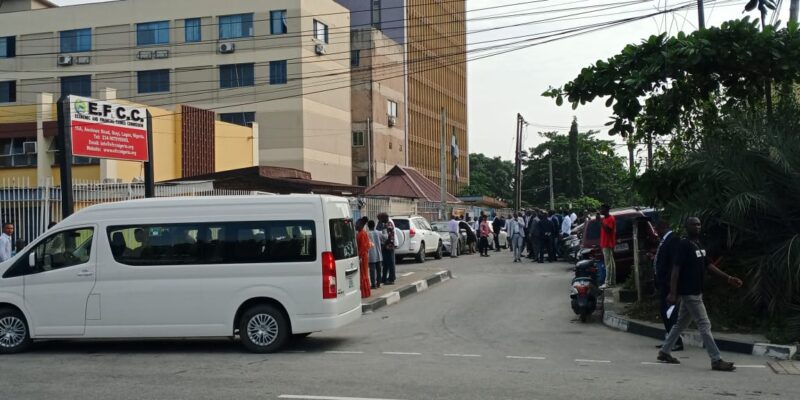A 25-day power outage has officially commenced across major parts of Lagos State and parts of Ogun State, threatening to cripple business activities and cost the economy hundreds of billions of Naira.
The blackout, announced last week in separate statements by the Eko Electricity Distribution Company (Eko DisCo) and Ikeja Electric, will last from July 28 to August 21, 2025, with daily interruptions scheduled between 8:00 a.m. and 5:00 p.m.
The outage, which affects Nigeria’s commercial capital, is a result of ongoing maintenance on the Omotosho–Ikeja West 330 kV transmission line by the Transmission Company of Nigeria (TCN). The affected areas fall under the jurisdiction of the two leading power distribution companies—Eko DisCo and Ikeja Electric—which collectively account for the highest power supply shares from the national grid.
Eko DisCo confirmed that the outage will affect customers in Lagos and parts of the Agbara community in Ogun State, stating: “The outage will occur between 8:00 a.m. and 5:00 p.m. each day, affecting several parts of Lagos and other serviced areas.”
Similarly, Ikeja Electric, which services a larger portion of Lagos State, announced a matching schedule of blackouts in its service areas.
The impact is expected to be far-reaching. Lagos State is home to Nigeria’s highest concentration of businesses, with monthly electricity consumption reportedly exceeding N13 trillion, according to Mr. Biodun Ogunleye, Lagos State Commissioner for Energy and Mineral Resources.
Financial records from the Nigerian Electricity Regulatory Commission (NERC) for the first quarter of 2025 show that Eko DisCo and Ikeja Electric generated the highest revenues among Nigeria’s 11 DisCos—N101 billion and N105 billion, respectively. However, industry analysts fear that the prolonged outage may erode revenue and deepen the liquidity crisis in the country’s already fragile power sector.
Speaking to Daily Post on the implications of the outage, Dr. Muda Yusuf, Chief Executive Officer of the Centre for the Promotion of Private Enterprise (CPPE), described the situation as a significant economic setback.
“The cost of this shutdown will be enormous,” Dr. Yusuf said. “Businesses that rely on grid electricity will now be forced to switch to costlier alternatives such as diesel and gas generators. This will significantly increase operational costs, particularly for companies that must operate 24 hours a day, including hospitals, hotels, supermarkets, and manufacturers.”
He added that many businesses may be forced to reduce operating hours or shut down temporarily, leading to losses in productivity and revenue. “We are talking about close to a month of limited power. The cost to the economy—especially in a state like Lagos—will run into hundreds of billions of Naira.”
Despite the anticipated losses, Dr. Yusuf noted that the maintenance work is a necessary sacrifice for long-term energy stability. “While the short-term economic impact is significant, this move by TCN is commendable. The national grid has suffered from poor maintenance and ageing infrastructure, resulting in frequent system collapses. Strengthening the grid is essential for long-term reliability.”
He emphasized that though the cost is high, the maintenance project offers a chance to address longstanding structural weaknesses in Nigeria’s electricity supply chain.
As the blackout continues, businesses, manufacturers, and residents alike are bracing for increased energy costs and operational challenges, even as the country hopes for a more stable and efficient power supply in the long run.

Comments